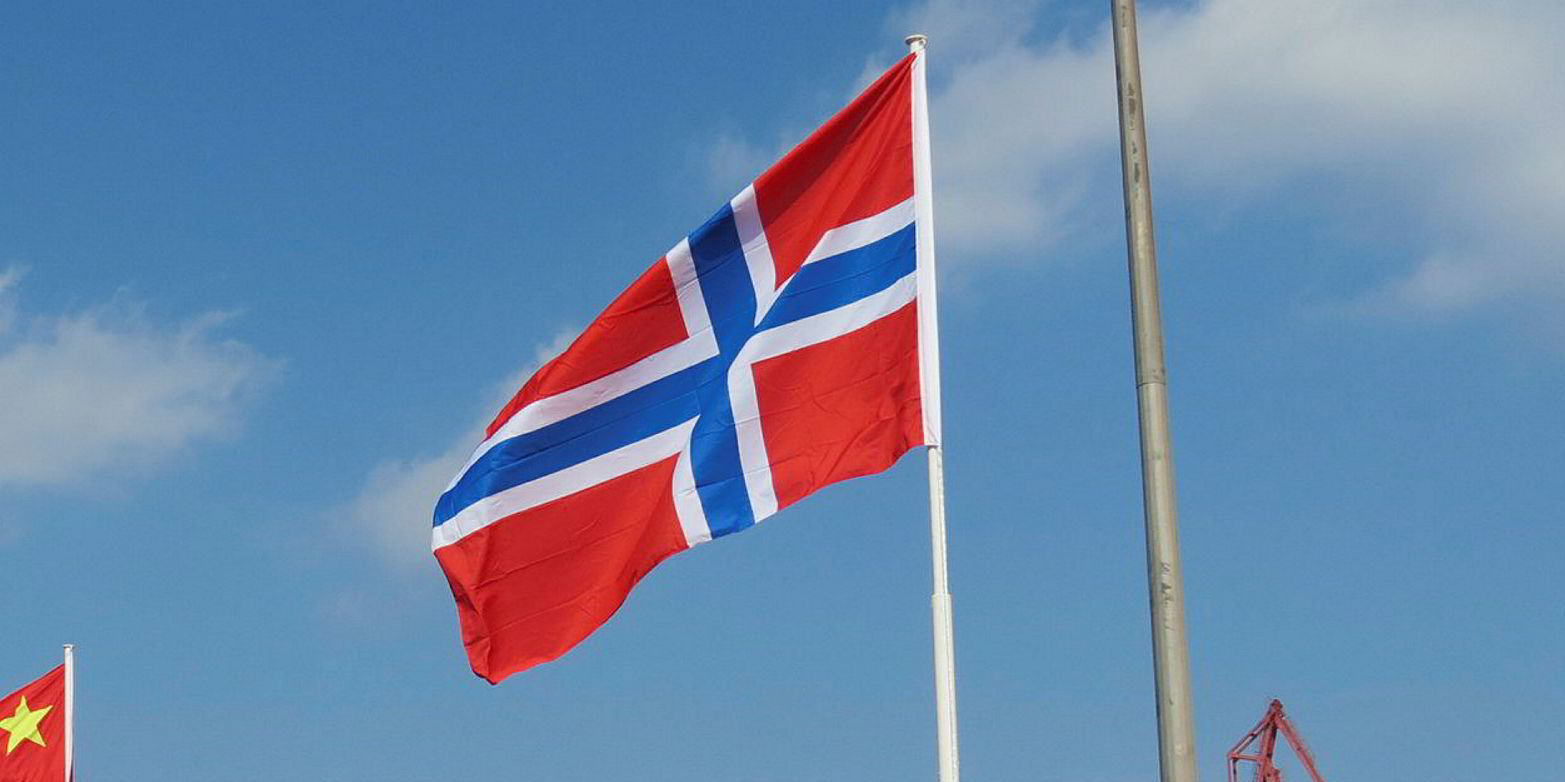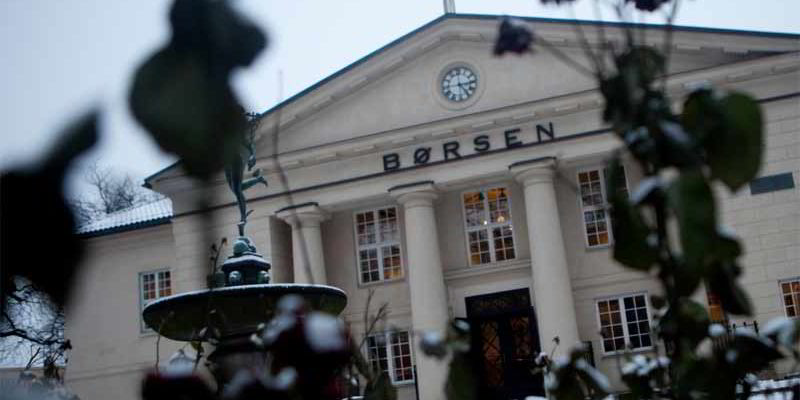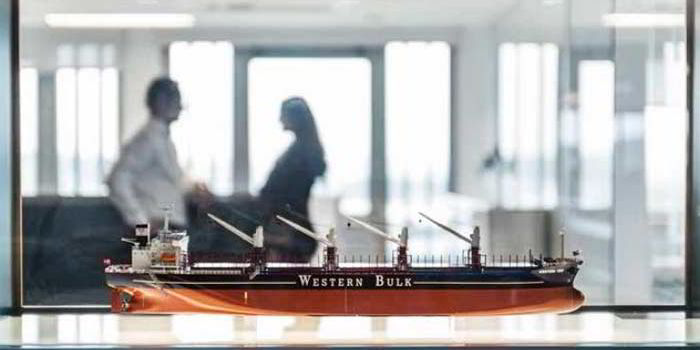The bankruptcy of Norway’s Bulk Invest, the former Western Bulk Shipholding, has been finalised and creditors will receive a payment of nearly 7.5% of outstanding debt.
The liquidation payout was revealed as a trustee from Norwegian law firm Ro Sommernes signed the final report on the bankruptcy.
His report lists 35 unprioritised claims totalling NOK 1.67bn ($209m).
Through his company holding Kistefos, Christen Sveaas was the main shareholder of Bulk Invest.
When this company was declared bankrupt early in 2016 after spinning off what is now Oslo OTC-listed Western Bulk Chartering, total obligations totaled $700m.
The lion's share of the debt was linked to long-term contracts for 22 dry bulk ships from various Japanese shipowning companies.
These ships had been chartered in at an average of $13,300 per day.
The dramatic fall in rates in 2016 meant Western Bulk Shipholding, which was renamed Bulk Invest, was not able to cover its obligations to the Japanese companies.
The spot market for bulkers bottomed out in early 2016 and Bulk Invest was then declared bankrupt.
Wiker told the Norwegian daily Finansavisen this week that the estate has completed the extensive work of going through the claims and having dialogue with the creditors.
The claims are largely linked to loss of revenue on the remaining term on the charter contracts from ships hired from Japanese owners.
The longest charterparty lasted until 2024 and the estate and shipowners agreed on a calculation model based on estimated revenue until the expiry of each contract.
The chartering part of the business, then known as WB Chartering, was sold to Sveaas for $16m in a controversial move.
Investor Endre Rosjo said he was willing to pay $20m for the operation but claimed he was not allowed to make an offer.
Wiker has concluded that the price Kistefos paid was “fair and reasonable”.
Kistefos now controls 75% of the new Western Bulk group, which joined Oslo’s over-the-counter list in 2017.
The Jens Ismar-led company reported a net profit of $3.6m in the first six months of 2018, against a $2.09m loss a year earlier.





